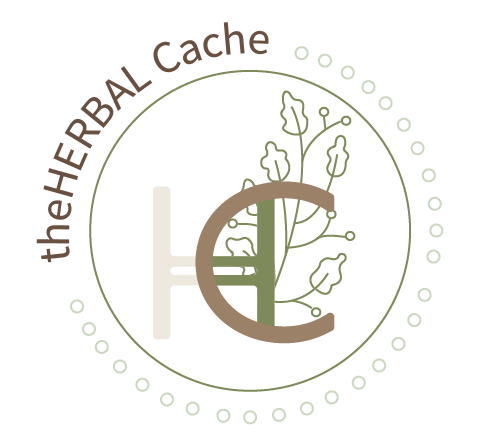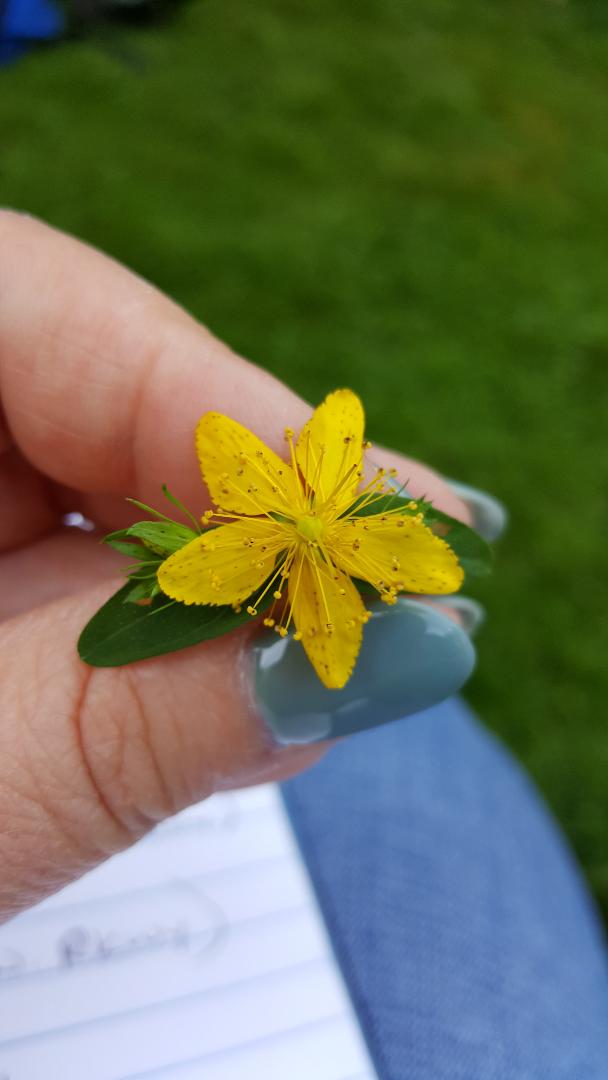Glossary
Analgesic – relieves pain
Anti Catarrhal – helps to prevent as well as dissolve and eliminate the formation of mucas
Anti inflammatory – relieves pain, swelling and other symptoms of inflammation
Antispasmodic – prevents or relieves spasms
Antiviral – effective against viruses, such as chickenpox, ebola, hepatits, herpes, influenza, measles, mumps, rubella, shingles and smallpox.
Astringent – helps shrink body tissue (stops bleeding or secretions)
Demulcent – rich in mucilage to soothe and protect irritated or inflamed internal tissue
Deobstruent – clears or opens the natural ducts of the fluids and secretions of the body; removes foreign materials. Also know as aperient.
Deobstruent/Aperient herbs include: yarrow, plantain, barberry and goldenseal.
Depurative – helps get rid of impurities
Diuretic – helps the body get rid of unwanted water and sodium to aid in treatment of the kidneys and/or bladder. Also is used in congestive heart failure (CHF), lung disease, premenstrual syndrome, high blood pressure (hypertension) and edema (water retention).
Diuretic herbs include: dandelion, burdock, red clover, plantain, black cohash, horsetail, St. John’s Wort, Hawthorn berries and chickweed.
Emollient – rich in mucilage to soothe and protect irritated or inflamed skin
Galactagogue – promotes milk flow
Hemostatic – stops the flow of blood
Hypotensive – lowers blood pressure
Immunomodulator – induces, enhances or suppresses an immune response
Inulin – is a soluble dietary fibre. As a naturally occuring carbohydrate (several simple sugars linked together), it passes through the small intestine and ferments in the large intestine to become healthy intestinal micro flora. It is non-digestible.
Inulin is found in: bananas, onions, garlic, wheat, leeks and in asparagus.
Styptic – helps to stop minor bleeding from wounds.
Styptic herbs include: yarrow, plantain, shepherd’s purse, horsetail and lamb’s ear.


